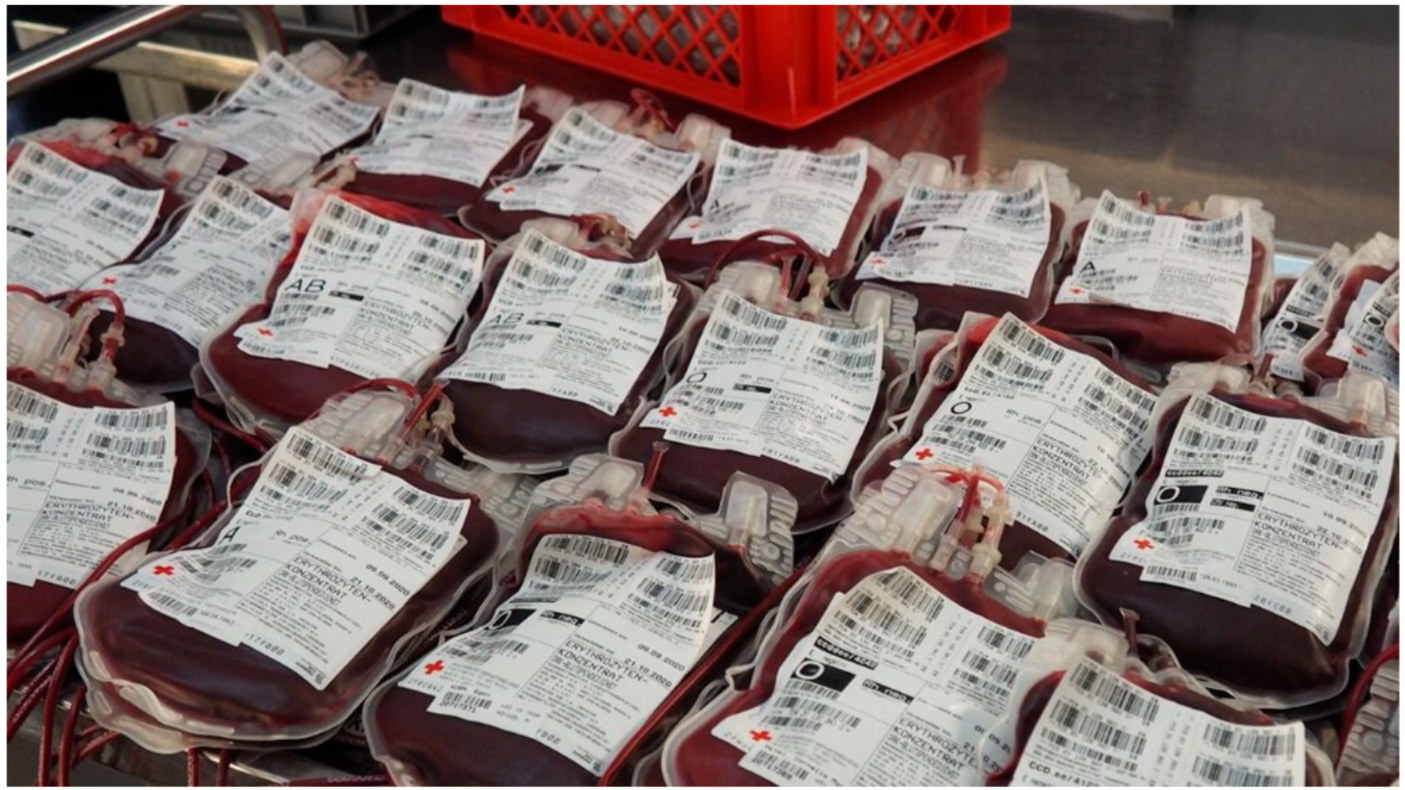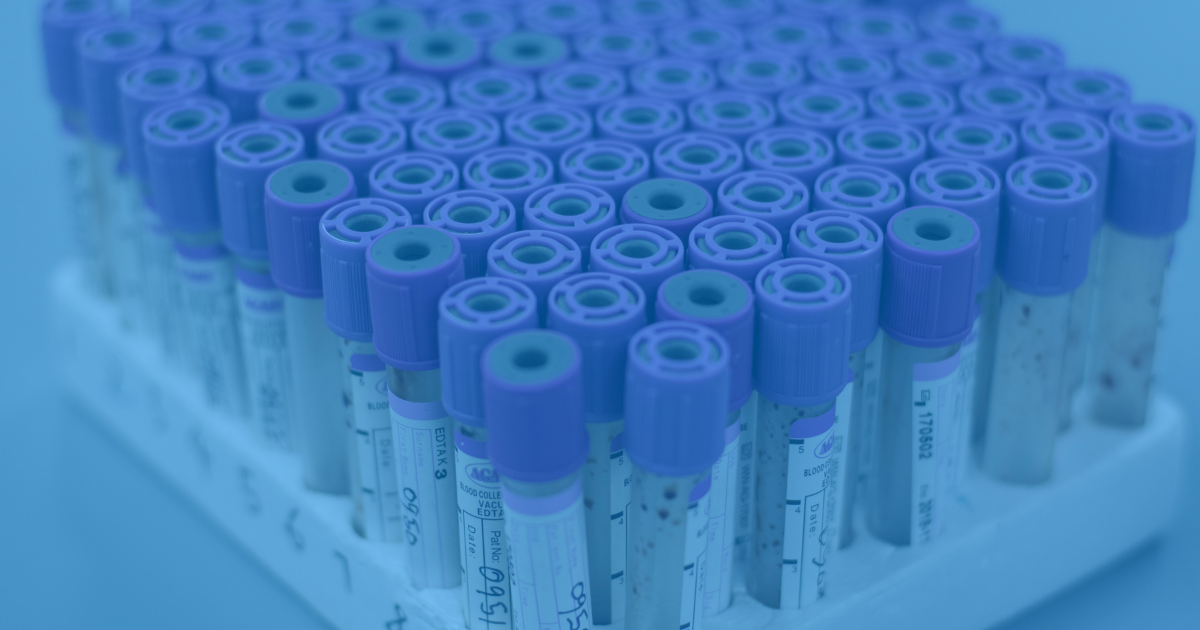Acute or chronic events that have widespread negative consequences for human health and require a rapid, coordinated response to overcome.
“Throughout the region, we provide infrastructure and human capacity support to improve governments’ abilities to detect, investigate, and respond to public health threats, including the most remote areas.”
Our goal is to work with stakeholders to prepare for and respond to potential and active public health emergencies in order to eliminate or lessen their negative impact on populations, primarily through the design of context-specific technological tools and smarter operations.
We have developed tools to prepare for and respond to public health emergencies, including Ebola, Polio, and many others, to lessen their impact on affected populations. Our teams develop context-specific technological tools and smarter operations to improve emergency management.
Our objectives:
Establish public health emergency management systems in all districts/states in Sierra Leone and Nigeria.
Increase the implementation of international guidelines for public health emergency preparedness by all levels of government in Sierra Leone and Nigeria.
Improve eHealth Africa’s ability to respond to public health emergencies.
Case studies
Electronic Management of Immunisation Data Support (EMID) Project
This project was designed to to support the National Primary Health Care Development Agency (NPHCDA) to optimize the functionality of the Electronic Management of Immunization Data (EMID) system. Learn more about our EMID System here
This project was designed to support the National Primary Health Care Development Agency (NPHCDA) in the Polio outbreak response in security-compromised inaccessible and partially accessible settlements, with GIS tracking using GTS, to track the vaccination teams during Polio campaign implementation. Learn more about the GIS Tracking Support for Polio Vaccination in Nigeria here
Support to Polio Outbreak Control Rooms in Africa
Covid-19 Data and Logistics
This project was designed to improve the government’s ability (in the African Continent) to manage the operations of the Polio Outbreak Control Rooms (POCR) to combat Polio and other vaccine-preventable diseases. Learn more about our Polio Outbreak Control Rooms in Africa
This project was designed to provide critical support to the Nigeria Centre for Disease Control and Prevention (NCDC) to improve the data, information, and logistics systems required for Nigeria to scale up preparedness and response to the ongoing coronavirus outbreak. Learn more about our COVID-19 response support.
BISKIT
The main objective of the BISKIT project is to ensure that the target populations in South Africa consistently have access to safe blood and blood products in the event of a crisis. Learn more about this project.
WFP Warehouse Management
The World Food Programme (WFP) uses either food or cash transfers to support vulnerable populations affected by the violence in Northeast Nigeria. In order to achieve these objectives, WFP partners with implementing partners such as eHA to setup and manage warehouse facilities across the region. Learn more about this partnership.
Geo-referenced Infrastructure and Demographic Data for Development (GRID3)
In response to public health emergencies across West Africa, we have constructed EOCs to provide designated workspace to coordinate activities and technological resources to develop initiatives. We provide assistance to government partners to build centers, long-term center management, and technical support. Learn about our EOCs.
The GRID3 project aimed to collect accurate, complete, and geospatially referenced data relevant to a variety of sectors across Nigeria (25 states and the FCT). Datasets collected include: settlements, health facilities, schools, markets, roads, water points, farms etc. Learn more about GRID3.
The goal of this project is for the people of Borno, particularly those impacted by the insurgency and the most vulnerable, to benefit from better, evidence-based resource distribution and data-driven policy-making by decision-makers. Learn more about the data center.
The Vaccinator Tracking System project (VTS) was introduced in 2012 to support the effort of the Nigerian government and partner agencies towards the elimination of Poliovirus transmission and achieving Polio free certification. Learn more about VTS.
Field Epidemiology Training Program (FETP)
SLED
Field Epidemiology Training Program (FETP) is a service-based training program whose purpose is to train public health workers in the principles and practices of field epidemiology as they provide service to their countries. Learn more about FETP.
The goal of the SLED project is to collect, link, and analyze data recorded during the Ebola epidemic in Sierra Leone. The project also aims to use the database to reunite families with graves of loved ones lost during the epidemic through a family reunification program. Learn more in the case study.
117 Call Center
Health Camp
The 117 Call Center was established as the emergency death and illness reporting line during Sierra Leone’s Ebola outbreak. Now a sustainable mortality surveillance mechanism, 117 collects data on potential public health emergencies. Learn about the 117 Call Center.
Through the Health Camp Boxes project, we help the Nigerian government to better supply remote regions with essential healthcare products. Health Camp Boxes work with government partners to provide health boxes stocked with medicines and medical supplies across Kano state. Learn more about Health Camps.
Auto-Visual AFP Detection and Reporting (AVADAR)
In response to the outbreak of polio in Nigeria in January 2016, we have operationalized the use of a new AVADAR application to improve polio surveillance region-wide. AVADAR is designed to detect true cases of Acute Flaccid Paralysis, for the purpose of identifying and responding to potential cases of polio. Learn more about AVADAR.
Electronic Integrated Disease Surveillance and Response (eIDSR)
Across West Africa, paper-based reporting has been shown to generate many incomplete, incorrect, and late reports, which consistently delay investigation and response to potential disease outbreaks. As a result, we have contributed to the development of an electronic Integrated Disease Surveillance and Response (eIDSR) software system. This system’s simplified data analytics and visualizations makes it clear and simple for health decision-makers to understand the state of population health and take action to improve it. Learn about the eIDSR solution.
Vaccination Acceptance and Attitudes in Nigeria (VAAN)
This project aims to investigate questions of vaccine acceptance, equity, and broader trust in government, particularly about the COVID-19 vaccine, and to understand both where and how vaccine resistance is generated. Learn more about VAAN
Notable statistics:
35,488
Actionable calls received at 117 Call Center during the Ebola outbreak in 2016
2,591,511
children vaccinated in Borno State with the assistance of GIS tracking
9,647
calls received at eHA supported Kano State COVID-19 Call Center


















